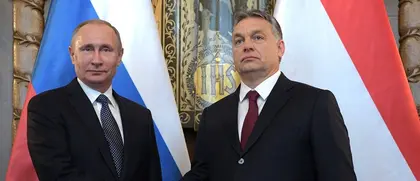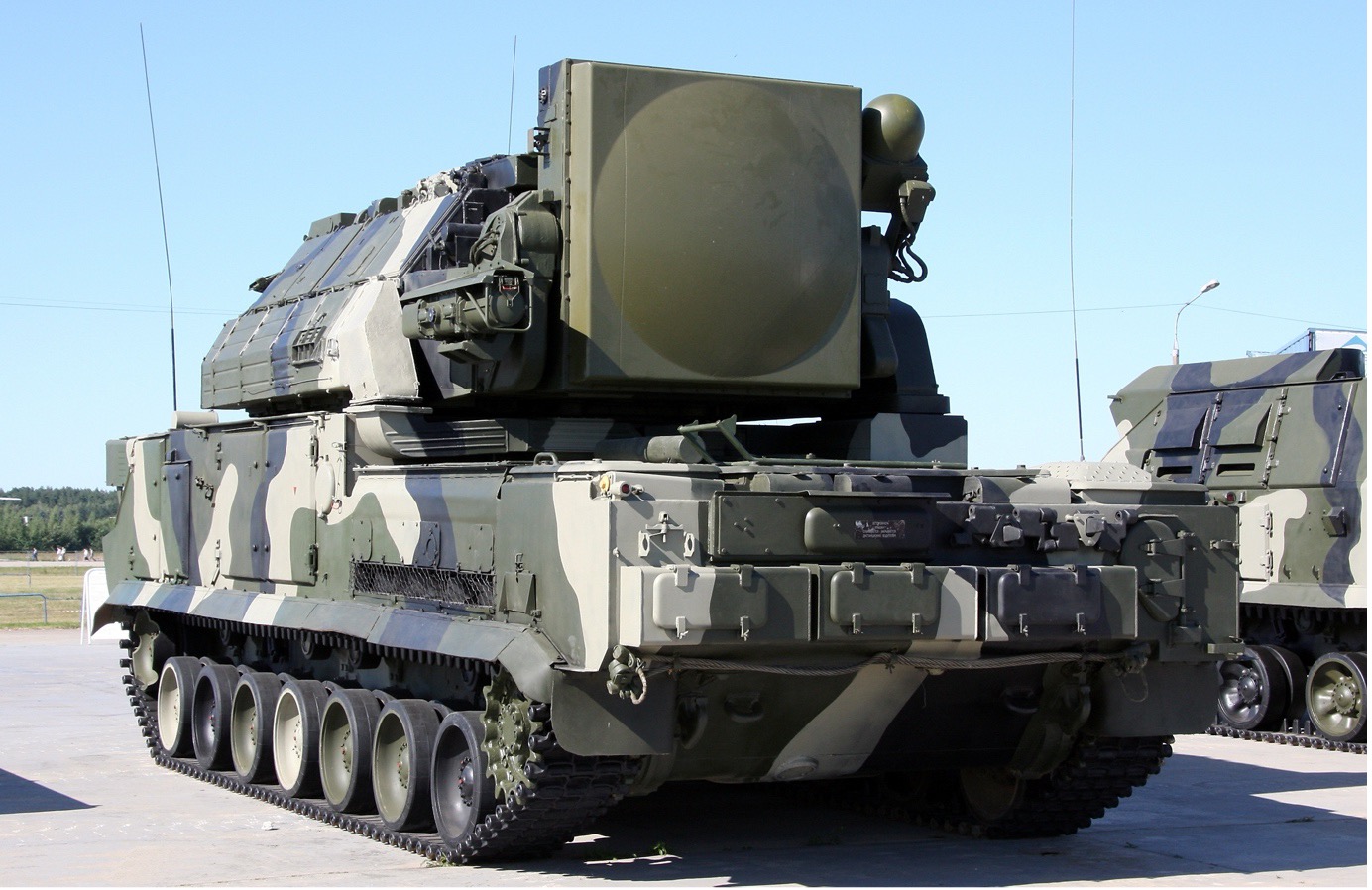Hungarian Foreign Minister Peter Szijjarto travelled to Moscow on Thursday to discuss purchasing more Russian gas on behalf of his country, the ruling Fidesz party said.
“In order to ensure the security of Hungary’s energy supply, the government has decided to purchase an additional 700 million cubic metres of natural gas in addition to the quantities stipulated in the long-term contracts,” Fidesz said in a statement on Facebook.
JOIN US ON TELEGRAM
Follow our coverage of the war on the @Kyivpost_official.
That amount represents around 6.7 percent of Hungary’s 2020 natural gas consumption, according to data from Hungary’s natural gas pipeline operator FGSZ.
Szijjarto would “negotiate” the issue in Moscow, the statement added.
Szijjarto is to meet deputy prime ministers Alexander Novak and Denis Manturov, as well as his counterpart Sergei Lavrov.
Szijjarto tweeted later that he had arrived in Russia on the previously unannounced visit.
Last week, Hungarian Prime Minister Viktor Orban said Europe had “shot itself in the lungs” with sanctions aimed at Russia over its war in Ukraine amid tensions over energy supplies.
In June, the 27-nation EU formally adopted a ban on most Russian oil imports after weeks of resistance from Hungary, eventually ceding to Orban’s demand to exempt Russian oil delivered by pipeline.
The European Commission on Wednesday urged EU countries to reduce demand for natural gas by 15 percent over the coming months to secure winter stocks and defeat Russian “blackmail”.

Bidzina Ivanishvili: The Tycoon Ruling Georgia Behind the Scenes
Last week, Hungary, which largely depends on Russian oil and gas, declared a “state of danger” over the energy crisis. It currently imports 65 percent of its oil and 80 percent of its gas from Russia.
Besides other measures to tackle the problem, people who consume more than average amounts of energy will have to pay for it at the market price rather than the heavily subsidised state rates.
Inflation in the central European country has hit double figures in recent months for the first time in 20 years, despite a range of price caps.
Orban, who was re-elected to a fourth term in April by a landslide, has frequently clashed with Brussels.
You can also highlight the text and press Ctrl + Enter






